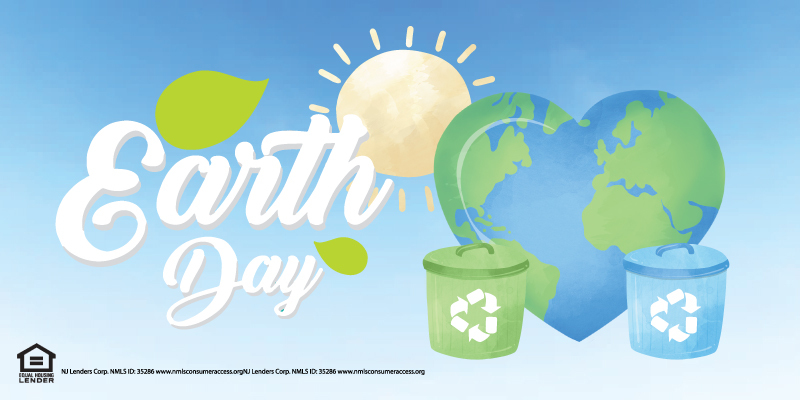
Spring Cleaning: How to Sustainably Donate Your Unwanted Items

With Earth Day coming up on April 22nd, it seems like the perfect occasion to begin some spring cleaning. While it’s easy to dump your items into a parking lot donation bin, those items may just be taking a rest stop before heading to the landfill.
Determining What to Donate
The first step to a successful spring cleaning session is determining which items are usable as-is. Clothing and furniture should be free of major stains, rips, or other defects. If you find yourself unsure of how to rate an item, ask yourself if you needed that item, would you buy it yourself?
Finding the Best Place to Donate Your Items
When it comes to donating sustainably, it’s important to do your research. Asking these important questions can help you locate the best organization for your unwanted items:
What happens to items that don’t sell?
Ensure that the organization has a system for recycling or reselling unsold merchandise to keep it out of the waste stream.
Do they accept broken or non-working items?
Sometimes the answer is yes! For example, a thrift store may be able to refurbish an electronic device, or at least recycle its parts. If an organization doesn’t have that type of program, they may be able to refer you somewhere else.
If none of these are options, your best bet is to check your area for specialized recycling programs that go beyond the usual items of paper, glass, and plastic. Look for a textile recycling center for unusable clothing and linens. Many areas also have recycling programs for appliances, electronics, and hazardous materials. Always confirm any cost or verification details with the recycling program before bringing your unwanted items.
Closing Thoughts
Although Earth Day is right around the corner at the time of writing, a sustainable lifestyle is great to practice year-round. Outside of donating unwanted items, investing in high-quality items that will stand the test of time will help cut down on the clutter, too.